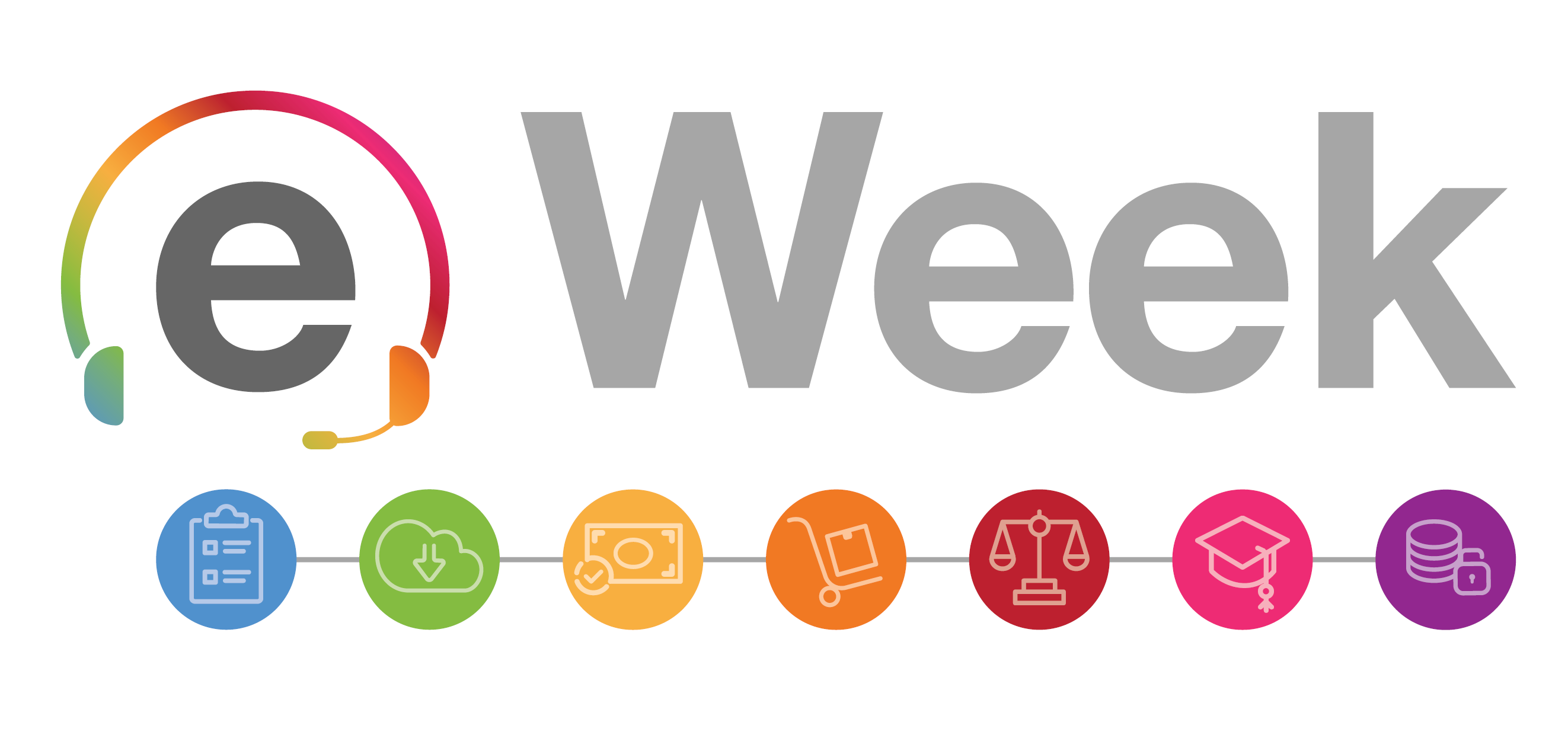Competition and consumer protection in times of COVID-19
29 Apr 2020 10:00h - 11:30h
Event report
[Read more session reports and updates from the eWeek of Online Event: Dialogues, Webinars and Meeting]
The moderator, Ms Teresa Moreira (Head of Competition and Consumer Policies Branch, UNCTAD), said that the COVID-19 global pandemic has shaken consumer markets all over the world. Digital businesses have been a lifeline during these times, but as they present new opportunities, they also present new challenges. Therefore, protecting consumers from unfair practices in the digital market is vital to ensure trust.
Different countries have been facing similar challenges and adopting similar measures. During the COVID-19 outbreak, Nigeria has put up advisory content online and initiated special investigation procedures against abuses such as price gouging on medicine and basic sanitisers, false claims on the efficacy of certain medications, and others. These investigations showed that online platforms were the main sources of such practices, stated Mr Barbatunde Irukera (CEO of the Federal Competition and Consumer Protection Commission, Nigeria). To fight such practices, authorities began checking online platforms and installing filters, which has been effective. The crisis has also brought to surface issues related to broadband connectivity, and revealed unfair practices in the Internet services providing market as well, such as throttling of speeds and lowering of data caps.
In Colombia, lack of trust and fear of missing out led to unusual e-commerce transactions, according to Ms Maria Carolina Corcione (Director for Consumer Protection, the Superintendence for Industry and Commerce of Colombia). People were buying a disproportionate amount of goods online fearing shortages. This led to trouble on the supply side of e-commerce. Often, businesses would be out of a certain product and not inform the consumer. The country also had a problem with insufficient technology and infrastructure for withdrawals, chargebacks, and refunds, which became more common for the aforementioned reasons, as well as problems with misleading or false information on products. All of these issues led to an increase in consumer complaints which the government addressed, partly by creating an app to centralise help and to receive and investigate complaints.
Korea also had to monitor price gouging and unfair practices, misleading advertisements, and false information on COVID-19 cures. To address this, the Korea Fair Trade Commission sought close cooperation with online platforms to monitor, filter and remove such advertisements. Online platforms were cooperative in this endeavour, stated Mr Jongbae Park (Director of International Cooperation, Korea Fair Trade Commission).
Ms Justina Raižytė (Head of Development and Policy, the European Advertising Standards Alliance (EASA)) explained how COVID-19 has been used to create advertisements that exploit the fears of consumers, forcing them to engage in unfair practices. Therefore, EASA is engaged in fighting misleading claims and false information. Another issue was fighting irresponsible ads: advertisements that were incompatible with public authority guidelines, such as those that promoted agglomerations and social events. To do so, EASA always heeds advice from medical experts and follows the orientation of public authorities. In its turn, it seeks to provide information to industry actors so that they avoid these mistakes through a lack of proper information.
Italy has had to fight misleading advertisements of pharmaceuticals by investigating platforms and shutting down websites that sell medical products illegally. Surprisingly, according to Ms Alessandra Tonnazzi (Director of the International Affairs Office and Acting Director of the European Affairs Office, Italian Competition Authority), these misleading advertisements can also be found in big platforms such as Amazon, Wish, and Google. One of the characteristics of these misleading advertisements is that they are often aggressive and based on the use of fake news. Some measures taken by the Italian Competition Authority include monitoring and cooperation with search platforms and online marketplaces
With the crisis, Consumers International has brought together consumer protection groups all over the world to identify and discuss the main issues faced by consumers during the pandemic. The main issues they discussed were price gouging, fake news, misleading information, and lack of refunds that happened amidst the massive shifts to e-commerce. According to Ms Helena Leurent (Director-General, Consumers International), the pandemic was caused by inequality and will result in greater inequality. Vulnerable communities that before the crisis were not familiar with e-commerce but are now forced to use it will be more affected, and might lose confidence when faced with such unfair practices. Therefore consumer protection authorities must react on that matter to avoid confidence problems in the aftermath of the pandemic.
By Pedro Vilela
Related topics
Related event

eWeek of Online Events: Dialogues, Webinars and Meetings
27 Apr 2020 17:59h - 1 May 2020 17:59h
Online
